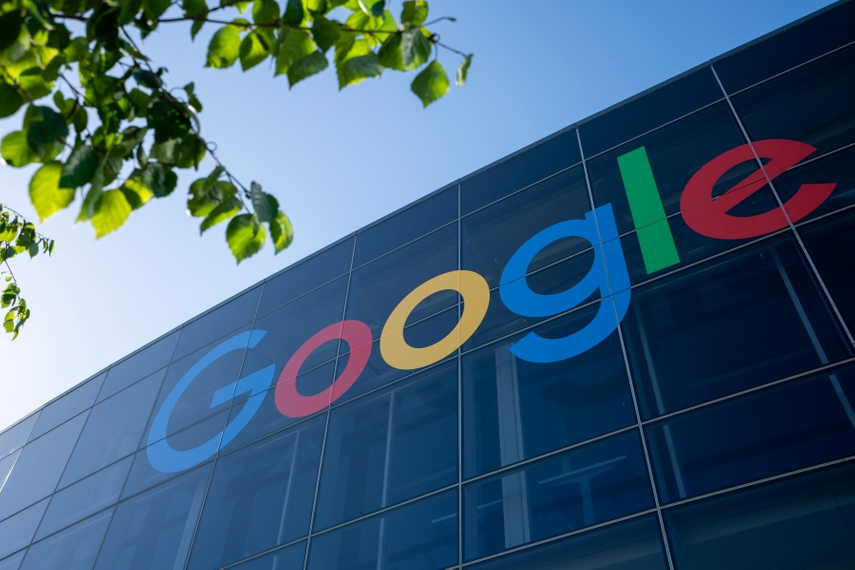
Google has introduced a carbon emissions calculator for advertisers on Google Ads.
The tool provides advertisers with first-party data reports on the carbon emissions of campaigns run via Google Ads. The reports offer estimates based on an individual account’s targeting, media mix and auction dynamics, and covers all of Google’s buy-side tools.
Carbon Footprint on Google Ads builds on emissions measurements that already exist for Google Cloud and Workplace.
Adam Elman, director of sustainability at Google, spoke to Campaign and claimed, “In the past [advertisers] might have relied on broad estimates, but this is the first time that they will actually have first-party data, so it really gives them precise information using our own data.”
The tool has been testing for about a year with L’Oréal, Carwow, Giffgaff and LVMH. It is available to selected large-scale advertisers and will become more widely available in the future.
Online car marketplace Carwow found that its carbon emissions from Google Ads are much smaller than initial estimates and, as a result, it can rebalance the priorities of its carbon reduction strategy.
Ben Carter, chief customer and marketing officer at Carwow said, “We discovered from our pilot of Carbon Footprint for Google Ads that the old spend-based approach to measuring the carbon footprint of our marketing massively overestimated emissions, making them seem disproportionately high compared to other business activities, like business travel or office energy use.”
Elman added that transparency is very important for Google and the reduction of carbon emissions. He said, “When you have a better understanding of where your emissions are, you can then focus your activity to make sure you are reducing those emissions.”
He added that there is increasing regulation around the environmental impact of advertising, which is driving a need for companies to report. However, he said, companies have been doing this voluntarily for many years.
Google’s own sustainability target is to achieve 24/7 carbon-free energy and net zero emissions across its operations and value chain by 2030. As the emissions shared are calculated using Google's first-party data, advertisers’ emission information will reflect the efficiency of Google's data centres and clean energy procurement.
When asked by Campaign whether the tech giant is on target to hit this goal, Elman said they were making “good progress” but the target was “ambitious” and “very challenging”.
“We'll always look at, on our side, how do we source the cleanest energy possible?” he said. “But obviously the cleanest energy is the energy you don't use. So again, [campaign] efficiency is super important.”
To improve campaign efficiency and sustainability, Elman said Google is working with its advertisers on AI-driven tools to re-use assets so they don't have to do new photoshoots or new video shoots, as well as solutions for better ad targeting so that “the right media is getting in front of the right people”.
The data is developed in accordance with the Greenhouse Gas Protocol and Global Media Sustainability Framework. The reports will provide detailed breakouts of Scope 1, Scope 2 (including market and location-based emissions) and Scope 3 emissions.
Anthony Falco, global director at Ad Net Zero said, “Only through collaborative effort and greater data transparency across the value chain can this hurdle be overcome. With newly established standards for measuring media carbon emissions across channels, savvy marketers have already begun incorporating carbon impact into media planning.”


.jpg&h=334&w=500&q=100&v=20250320&c=1)
.jpg&h=334&w=500&q=100&v=20250320&c=1)

.png&h=334&w=500&q=100&v=20250320&c=1)

.png&h=334&w=500&q=100&v=20250320&c=1)

.jpg&h=334&w=500&q=100&v=20250320&c=1)


.jpg&h=268&w=401&q=100&v=20250320&c=1)
.png&h=268&w=401&q=100&v=20250320&c=1)





